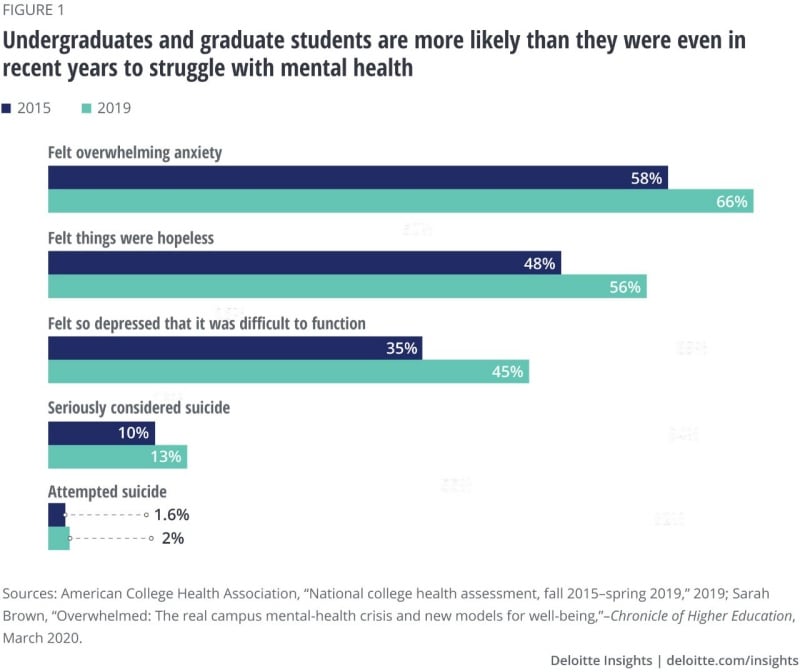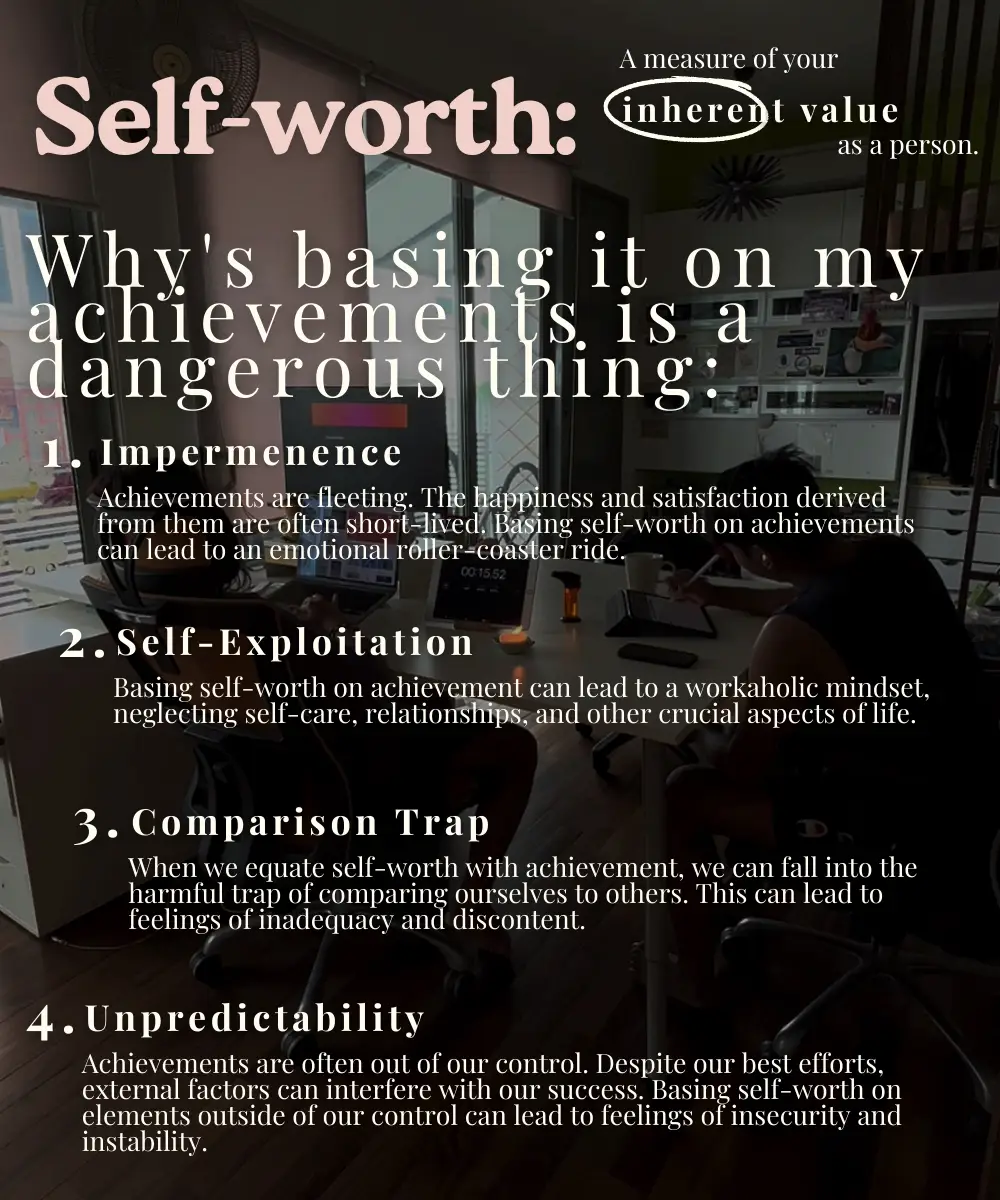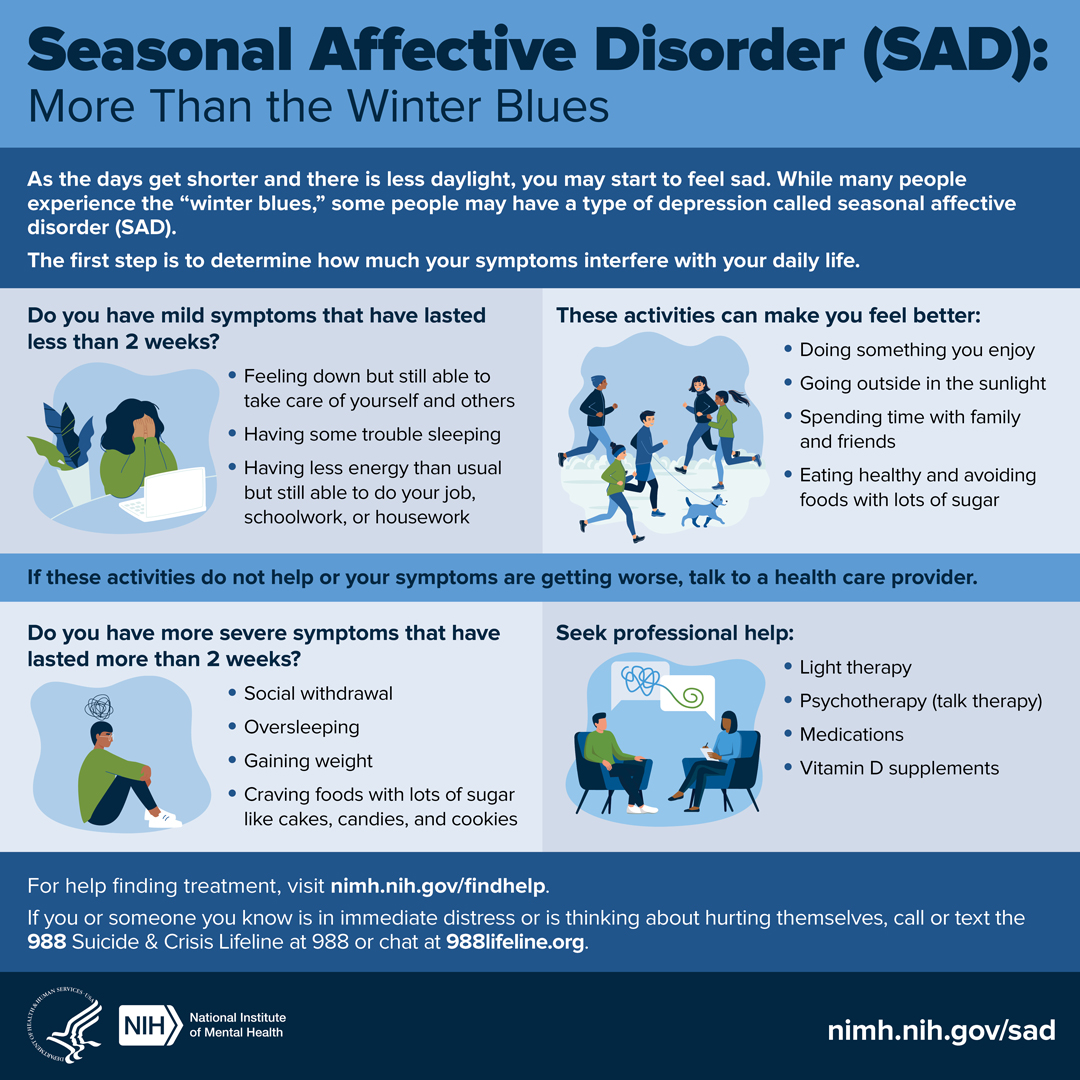Happy April! Wow I can’t believe the semester is already wrapping up it has truly been a pleasure to be in this class and this blog so much. I hope you all are ready for what Spring has to offer and you are ready to end the semester! I am going to try wrapping this blog up by talking about the overall importance of mental health, well-being, and mindset as that has been the main focus of this blog. Part of the reason I also started this blog in August is because I, like many other college students, didn’t quite know how to navigate dealing or balancing mental health & wellness with college life.
As college students especially, we are affected by a wide range of challenges and stress, some including academic pressure, obligations, social pressures, and global and societal concerns. A recent study found that more than half of gen z has experience severe mental health impairments related to societal concerns mostly about gun violence and climate change. Another study of college students finds that more than half of students have experienced chronic stress in college. Chronic stress is also correlated to a variety of mental and physical health issues. Given the amount of mental health concerns among students, access to resourced and services is extremely important and crucial. In a recent survey by the American Psychological Association (APA), about 95% of university counseling directors found that the number of students on their campus with significant psychological problems is rapidly increasing. As becoming a college student or making your way through college, can be filled with decisions, stress, and responsibilities, it calls for special attention to your emotional state and finding outlets to deal with unwanted and overwhelming emotions.

While we all experience stress at some point in time, the continued stress of mental health problems causes negative physiological reactions that cause significant harm to the body and the mind. It is not only a good idea, but a necessity to make your own mental health a priority. Not only will this set a foundation for you for the rest of your life, but the experiences you have during college are once in a lifetime. So, you’ll want to make the most of it while being able to deal with whatever life throws at you. When you’re in college, you have many support networks for your mental health available and accessible. Whether this is through student services or mental health counseling, mentors, peers, or professors, there are people all over who are willing to help.
Regardless of your age both students and adult professionals are learning to buy into false ideas that we have an endless capacity for trauma and pain. In fact, many of us tend to cope in unhealthy ways by pushing down uncomfortable feelings and bottling up difficult emotions. As you can imagine this becomes an extremely heavy burden to carry and leads to many harmful coping strategies. The current status around student mental health are alarming. Almost a third of students have sought out counseling in the past year, a number that has doubled from a decade ago. Studies found 35% of campus counseling centers have some sort of “waitlists.”

As mental health awareness and acceptance are today, objectively at a high,still, while many students are accepting of others with mental health concerns, many are often slow to identify signs and symptoms in their own lives. While recognizing that well-being is much more than a synonym for mental health or emotional wellness, institutions can work to incorporate mental health into the entire educational experience for their students. College campuses can help by providing and promoting a variety of mental health services. Institutions should pay attention to signals regarding interest, and expand initiatives, and address policies that see student engagement.
Emphasizing mental health education:
No matter the major or field of study, all students should be encouraged to learn about mental health and wellbeing. These are, of course, touched on in courses such as Basic Psychology but campuses should also provide plenty of other opportunities for students from all degree programs to learn more about mental health and the role it plays in their own lives.
Campus resources:
College students should enjoy access to a plethora of mental health resources. In addition to classes and seminars, colleges should provide robust counseling services and support groups. Additionally, students can benefit from activities that help them foster stronger friendships or simply invest in their own self-care. Examples include yoga classes, prayer or ministry groups, and mentoring programs.
Continue to listen to students:
Returning to campus should include a new look at mental health interventions, including those that students wish to keep and those they would like to reimagine. This can be done through surveys, focus groups, and individual conversations. Every university should have a different sccount, starting point, and tailored set of needs.







:max_bytes(150000):strip_icc()/how-to-keep-your-new-years-resolutions-2795719-v2-4f599effeaca4f5685e9f29a64561c02-a1cd8da001524ee4b2bc56e7ed785471.png)



/cloudfront-us-east-1.images.arcpublishing.com/dmn/5CE4T632URECTJXGW6PMOGKT3U.jpg)




